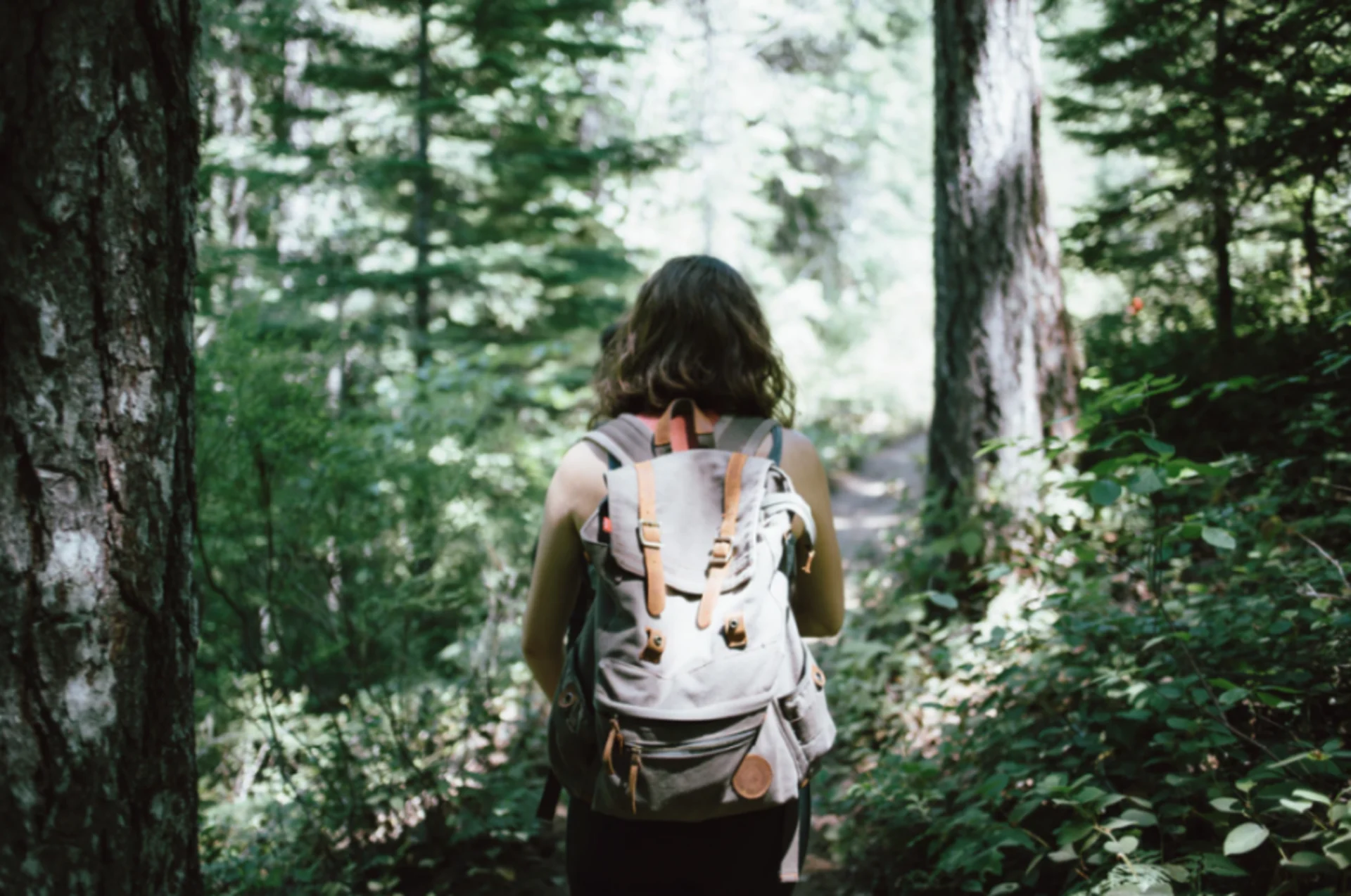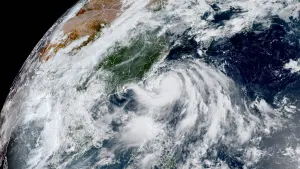
New study reveals one thing you could be forgetting to do on your summer hike
Here are some tips to stay safe on your next warm-weather hike.
Most people know they need to stay hydrated when they're hiking on a warm summer day, but a new study suggests many people are underestimating how much water they'll need.
According to researchers from Arizona State University, roughly 25 per cent of heat-related illnesses are the result of fluid imbalance, rather than heat exposure.
To better understand this, 12 participants -- seven women and five men in their 20s -- were recruited to hike a designated mountain on a "moderate" day of 20°C and then again on a "hot" day when the temperature read 40 degrees Celsius.
The volunteers were instructed to bring as much fluid as they thought they would need and hike as fast as comfortably possible. When compared to the moderate day, researchers found hikers' performance was impaired by hot weather, which resulted in slower speeds and a prolonged exposure to the elements, increasing the risk of a heat-related illness. On average, hikers took about 20 minutes longer to complete the trek on the warmer day.
It was also found that most hikers did not bring enough water to compensate for the amount of fluid lost through sweating.
"The current guidelines for hikers in general are very broad and geared more toward safety than quantifying the adequate amount of fluid they need," ASU College of Health Solutions Assistant Professor Floris Wardenaar, a corresponding author on the paper, said in a statement.
"The guidelines also do not take into account fitness levels or the importance of incremental exposure to the heat, which can be affected by acclimatization to specific environments and weather conditions."

File photo: Getty Images.
A MATHEMATICAL SOLUTION
To compensate for the extra energy used during a hike on a warm day, Wardenaar recommends a simple calculation.
A hiker can become familiar with their personal hydration needs, Wardneaar says, by multiplying your weight before a hike by .01, then subtracting your weight after a hike from your starting weight.
"If the difference between your starting weight and your ending weight is greater than the product of your starting weight multiplied by .01, you need to be drinking more fluid during your hike," reads a statement by the study's authors.
VIDEO: LIGHTNING SAFETY TIPS
OTHER TIPS
Other tips for a successful hike on a warm day include:
Hydrating before you hit the trail.
Avoiding alcohol, which can contribute to dehydration.
Trying to avoid the hottest time of the day.
Protecting against sunburn and insects with sunscreen and bug spray. Re-apply every 40-80 minutes, depending on how much you are sweating.
Thumbnail image source: Jake Melara/Unsplash.










